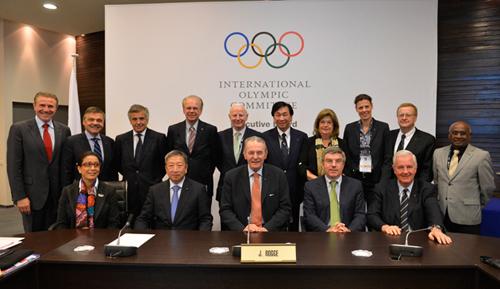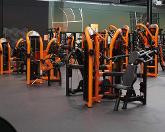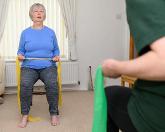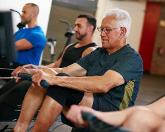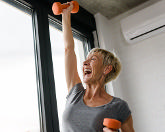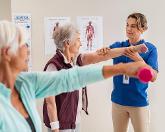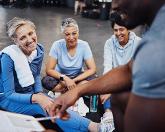see all jobs
Report: Women in danger of remaining “second class citizens” in sport
A new global report into gender equality in sports governance has found most governing bodies and sports organisations do not meet the target of having 20 per cent of board seats held by women.
The Gender Balance in Global Sport Report, authored by Women on Boards, looked at executive boards in more than 600 sports organisations across the world. These included 128 of the 204 national Olympic committees (NOC) and 34 international sports federations.
It shows that inequality within executive boards is particularly bad within international sports federations, with an average of 15 per cent of board members being women.
For an example, the world governing body for football, FIFA, has an executive committee of 24 people - but only one female member (Burundi's Lydia Nsekera).
The figure for the NOCs is only slightly better (16.5 per cent), despite the International Olympic Committee's (IOC) target of a minimum of 20 per cent of all board members of NOCs being female.
The IOC announced the target shortly before the Sydney Olympic Games in 2000 and had initially hoped to reach the 20 per cent figure by 2005.
Report author and executive director of Women on Boards, Claire Braund, stressed the importance of highlighting the lack of progress made in eroding inequality among the corridors of power.
“Fewer female voices at the top level in sport will result in female athletes remaining second class citizens in terms of salaries, sponsorship and media coverage," she said.
“Sport has the power to change the lives of young women – opening up opportunities for leadership and development and transforming gender norms. It is equally important to have female role models in the corporate boxes and the boardrooms as it is to have those who represent their country.”
She added that improved governance, in particular in board election and selection processes, was key to addressing the poor number of women on most sports boards.
“Good governance builds opportunities to increase transparency and independent oversight that opens up the prospect of improved gender balance on boards.
"In the majority of organisations board members are elected by members or via nomination from a club, regional or country sports body. This election process rewards those who have participated in elite sport or served time with the sports’ governing bodies rather than those with the skills sets for the job.”
The report also lists a number of recommendations designed to strengthen the role of women in sport.
These include a call for the top level bodies – such as the IOC and International Paralympic Committees – to lead by example and setting voluntary gender targets for their boards and committees for others to follow
To download the full Gender Balance in Global Sport Report as a PDF document, click here.
- News by sector (all)
- All news
- Fitness
- Personal trainer
- Sport
- Spa
- Swimming
- Hospitality
- Entertainment & Gaming
- Commercial Leisure
- Property
- Architecture
- Design
- Tourism
- Travel
- Attractions
- Theme & Water Parks
- Arts & Culture
- Heritage & Museums
- Parks & Countryside
- Sales & Marketing
- Public Sector
- Training
- People
- Executive
- Apprenticeships
- Suppliers









